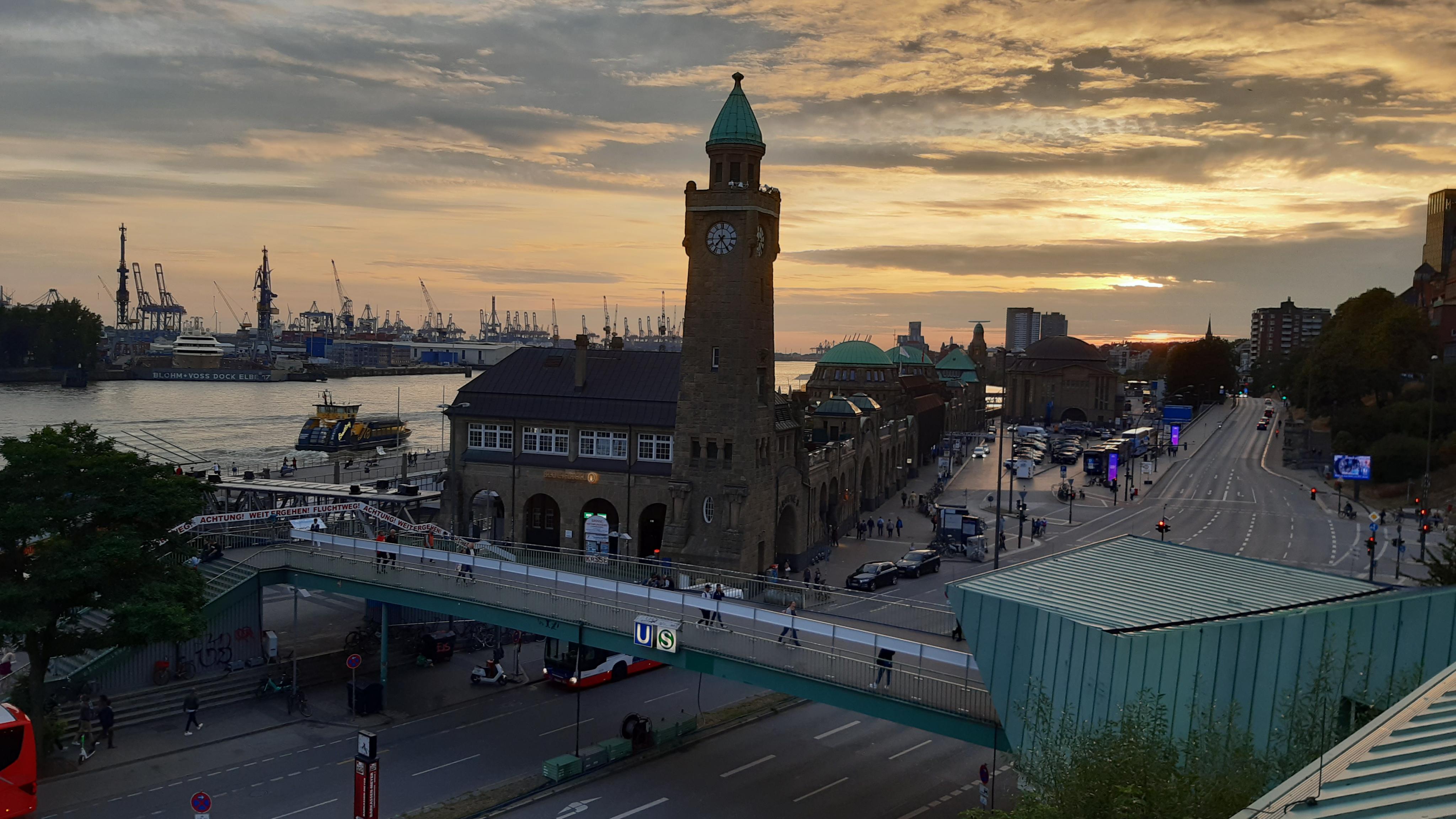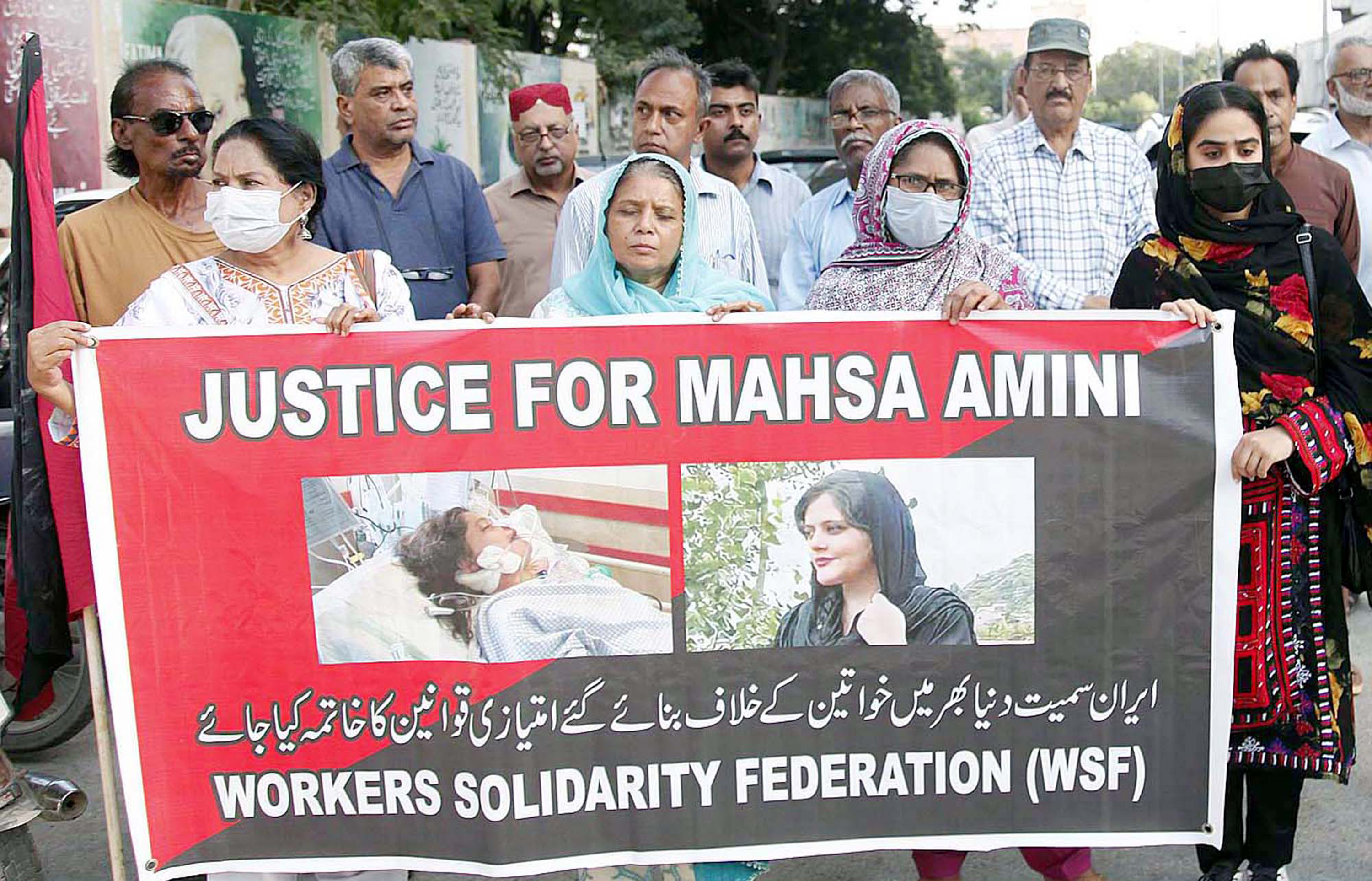Faith-based activism
Essential matters

Indonesia ceased to be a dictatorship more than a decade ago. Nonetheless, there are still human-rights problems, says Basilisa Dengen of Watch Indonesia, a non-governmental organisation based in Berlin. She adds that today’s human-rights infringements differ from those of the past. Under Suharto’s rule, the culprits were the police, the secret service and other government agencies. Nowadays, anonymous groups are likely to attack religious minorities in the predominantly Muslim country, for instance, and the victims do not know who the aggressors are and on whose behalf they are operating. Dengen emphasises that victims of violence cannot rely on state agencies to investigate their cases.
Michael Windfuhr of the German Institute for Human Rights (Deutsches Institut für Menschenrechte) confirms Dengen’s view. He says that matters have generally become more complex. Whereas state agencies violated human rights previously, various non-state actors and even international investors are also involved in abuses today. A typical example, according to him, is people being driven from land that is needed for investment purposes. In such cases, he reports, it has become very difficult to establish precisely who is responsible for depriving these people of their livelihoods and homes.
Gerald Staberock of the World Organisation Against Torture, a civil-society organisation, says that much has improved since the UN conference on human rights in Vienna in 1993. For instance, it is now generally accepted that the respective rights are universal, and international agreements have become more stringent. Staberock also appreciates that institutions like the UN Human Rights Council, the Office of the High Commissioner for Human Rights and the International Criminal Court have been newly established or strengthened. He emphasises, however, that human rights must be enforced at the nation-state level, which all too often is not done convincingly.
Staberock says that rich western nations are among the countries that are guilty of human-rights abuses. The scandals of Abu Ghraib and Guantánamo Bay have hurt the USA’s international reputation. That is equally true of the drone war waged by the Obama administration in Afghanistan, Pakistan and Yemen. Staberock argues that double standards undermine the protection of human rights.
The way refugees are treated in the EU and Frontex activities to keep migrants from reaching Europe are also problematic. Many people in Africa and the Middle East consider such things proof of western governments’ double standards.
Civil-society organisations play a crucial role in the enforcement of human rights, Staberock told a conference on development policy held by Germany’s Protestant Church in Arnoldshain near Frankfurt in April. Civic actors, according him, have always been drivers of standard setting, and they have often proved instrumental in making state agencies enforce legal principles.
Staberock finds it sad that a growing number of governments is considering support for human-rights defenders from abroad an interference in their domestic affairs. Examples include Russia and Ethiopia. The Russian government sees any organisation that accepts international funding as a "foreign agent". Staberock speaks of an international trend of ever more countries restricting the scope for civil-society activism and international networking (also note essay by Maier and Fuchs in D+C/E+Z 2013/10, p. 390 f.). Staberock points out that trade union activists or environmental campaigners often are human-rights defenders. While they may emphasise other issues, these issues are related to human rights.
Adrien-Claude Zoller of the non-governmental organisation Geneva for Human Rights agrees. In his eyes, the "space for civil society is shrinking". His organisation has begun to think about new options for funding activists indirectly, without raising government attention.
It is consensus among experts that not only money can help activists. International contacts and profound legal advice are useful too. Invitations abroad boost people’s self esteem and can enhance their reputation. Zoller’s organisation trains activists who are involved in human-rights matters, for instance, by offering courses in international law and UN institutions.
Small villages, global reach
In Zoller’s eyes, the churches have a "huge responsibility" in terms of human-rights protection because they have global networks on the one hand, and are present even in very remote villages on the other hand.
Cornelia Füllkrug-Weitzel appreciates Zoller’s assessment. She is the president of Brot für die Welt (Bread for the World), a Protestant charity. She wants churches to become more engaged. She says that Christian leaders tend to show too little interest in human-rights affairs in places where they are culturally dominant. That is different where they represent minorities, and, accordingly, enjoy less influence. Füllkrug-Weitzel suggests that theology courses should emphasise that there is mandate from the Bible to protect universal human rights.
Aneth Lwakatare’s Tanzanian experience confirms that church leaders could take more interest in human rights. The staff member of the Bavarian Mission Eine Welt (Mission One World), a Protestant agency, reports that only one of 21 Tanzanian dioceses has a human-rights office, and neither of its two staff members went to law school. They must rely on legal advice from non-governmental organisations.
Tanzania does not have the reputation for being a hot spot of human rights infringements. Nonetheless, Lwakatare can tell disturbing stories. She recalls, for example, how a high-ranking politician put pressure on a widow to sell him her land. The woman did not want to do so, but after arbitrary arrests and other forms of harassment, she eventually caved in. The church’s small human-rights office could not give the single woman enough support to withstand the pressure.
Lwakatare considers intra-church debate at the international level essential. "We can act in solidarity; we can tackle human-rights issues together," she says. She is in favour of using "the international arena". The Reverend John Wesley Kabango from Rwanda agrees. The point, he says, is "to give a voice to the voiceless". It is a demand of human rights, the staff member of Vereinte Evangelische Mission (Untited Protestant Mission) in Wuppertal adds, to ensure that every person enjoys a standard of life that includes health care as well as adequate clothes and shelter.
Hans Dembowski













